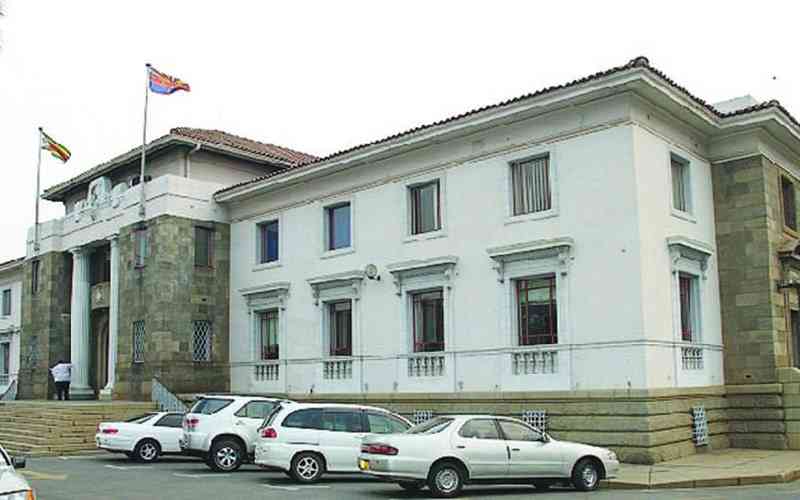
THE Combined Harare Residents Association (CHRA) this week fired a broadside at city fathers, blaming them for not consulting rate payers during policy formulation.
After hinting that they had invoked the Freedom of Information Act to force council to act transparently, CHRA said consultations carried out were ‘symbolic’ gestures meant to tick boxes.
This comes at a time Harare has been ensnared in declining service provision marked by severe water shortages, a cholera outbreak and a malfunctioning waste disposal system.
The Freedom of Information Act stipulates that every Zimbabwean citizen or permanent resident, including juristic persons and the Zimbabwean media, has the right of access to any information held by the state or by any public institution or agency of government at every level, in so far as the information is required in the interests of public.
Ruben Akili, director at CHRA, told the Zimbabwe Independent that Harare should establish interactive platforms with its over one million residents.
Residents, he added, must be consulted when formulating by-laws and budgets among other policies.
“We have seen that in as much as residents are consulted, the policies do not even see the footprint of citizens' voices in terms of the policy that comes out,” Akili said.
"The local authority must go back to basics and provide platforms for engagement. The policymaking process should not be devoid of the citizens or residents’ voices."
- Harare cancels Pomona waste deal
- Pomona cash row escalates
- Polling stations not user-friendly for PWDs
- Harare cancels Pomona waste deal
Keep Reading
The CHRA boss demanded quarterly feedback meetings with councillors to share progress on the implementation of council resolutions, while addressing service delivery priorities raised by residents.
However, he cautioned that councillors were not eager to hold such meetings.
Akili’s concerns were shared by Precious Shumba, director of Harare Residents Trust.
“The City of Harare needs to substantively consult and use residents’ input, especially on budget formulation. On most occasions, the council's technocrats come up with draft budgets but rarely factor in the inputs from residents. (This is evident) when you review the final budget proposals,” he said.
“This is one reason most residents do not value ward budget consultation processes because they consider them to be cosmetic and symbolic to meet legal requirements.”
The City of Harare did not respond to questions sent last week.
The Independent was also informed that residents were pushing for more accountability and effective governance.
“The information gap between residents and the local authority has created perceptions of mismanagement, perceptions of looting, perceptions of abuse of public resources,” Akili said.
“We have started to engage the Zimbabwe Media Commission to play that arbitration role to ensure that residents receive information.”
Akili noted CHRA had made an information request on the regularisation of about 500 stands in Harare and the development of houses, which are being done along Mutare road.
“You realise that the local authority has been refusing to release such information and we have also done an information request on the Pomona issue,” he said.
“But again, we have done that because the information which is being given to residents is not adequate."






